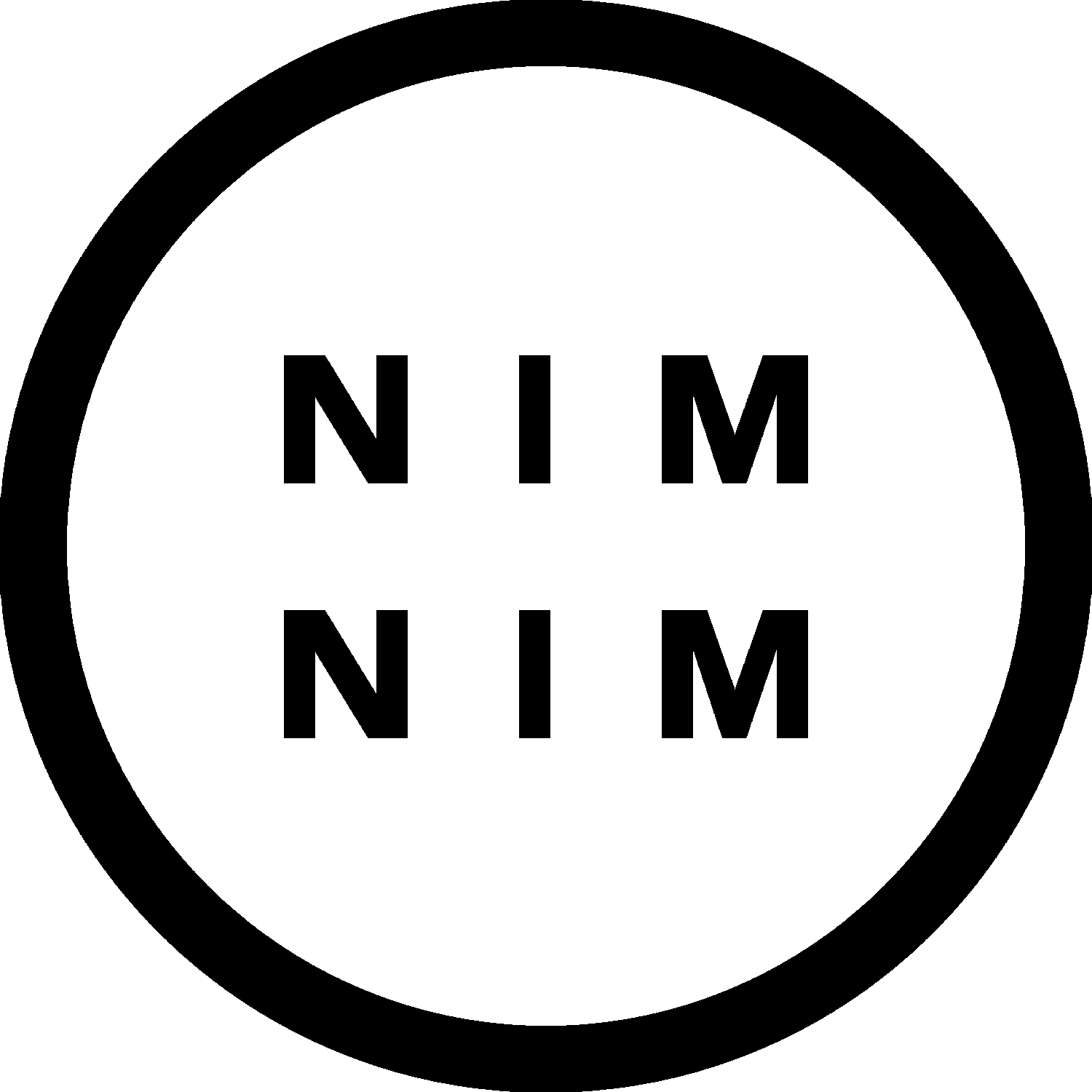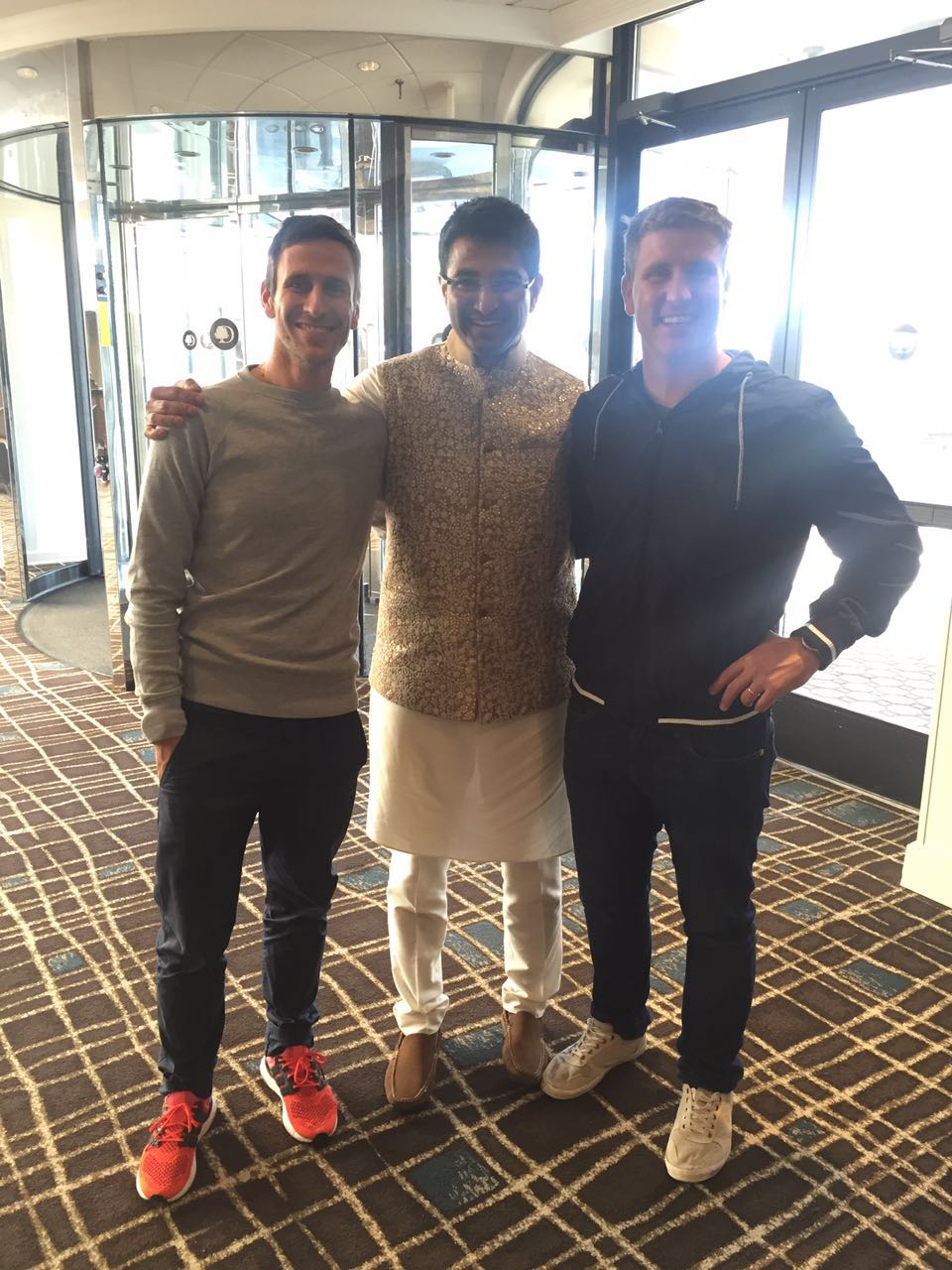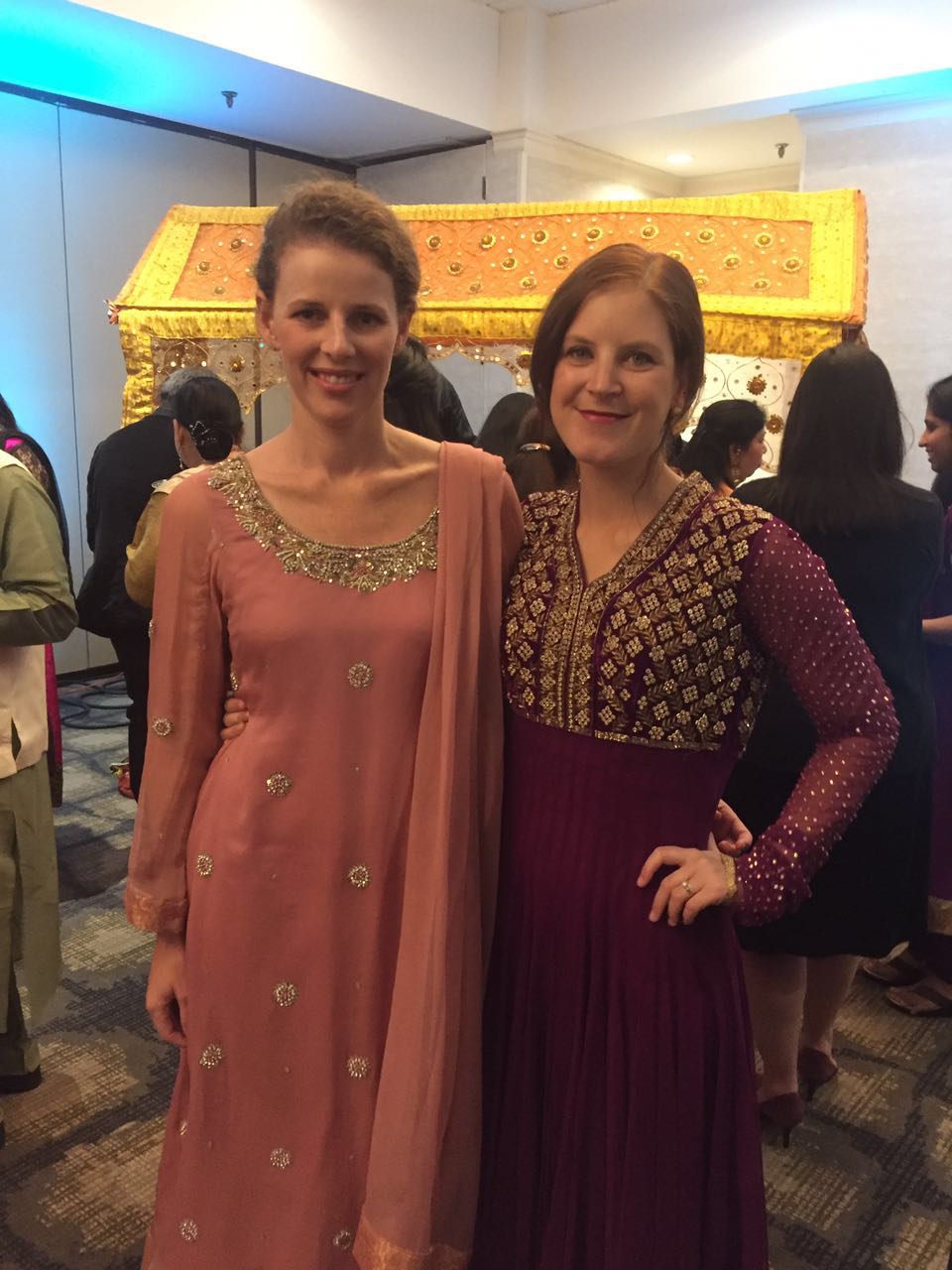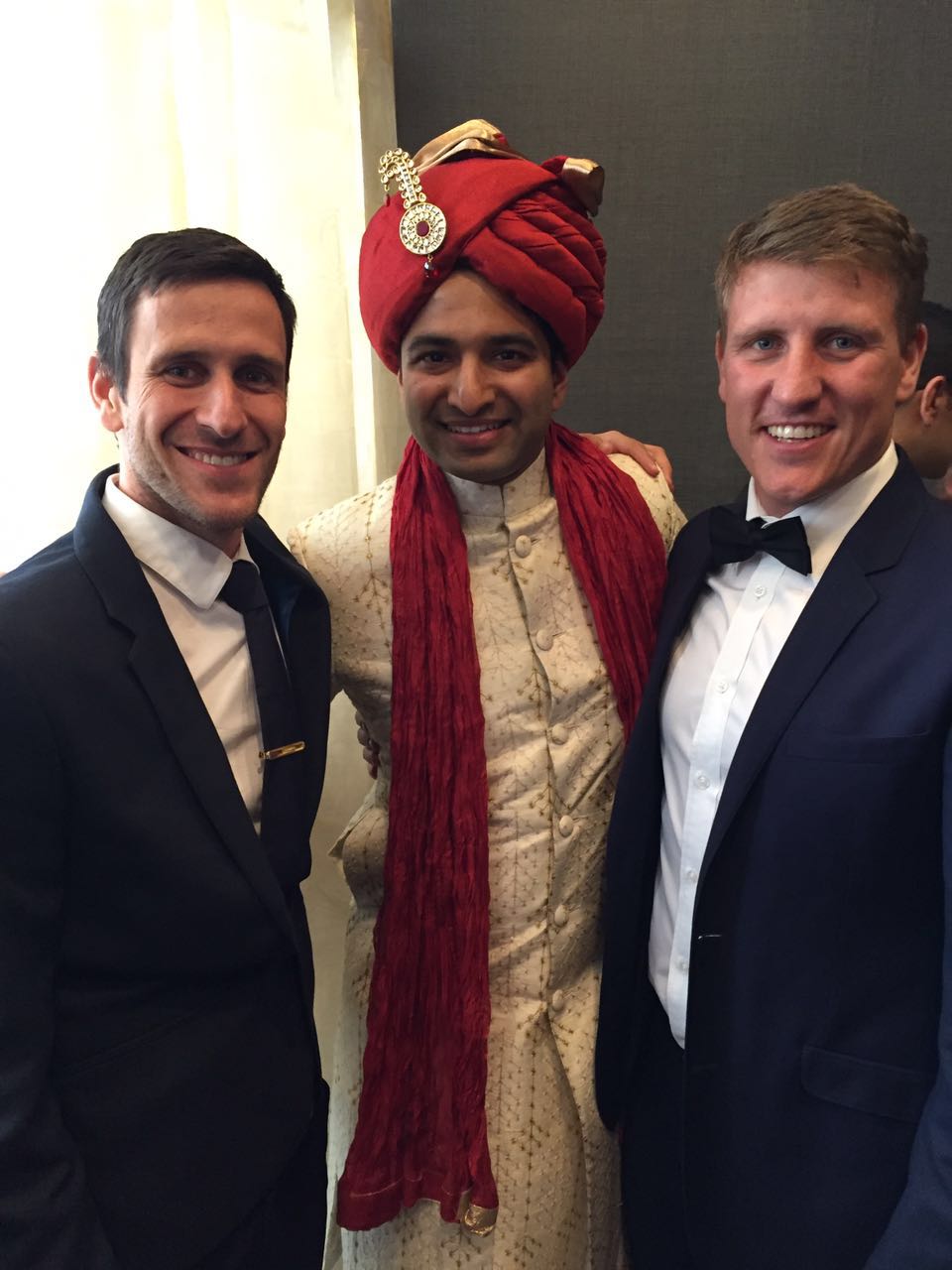I recently visited the United States to go to a wedding and took the opportunity to meet a number of people involved in app development in the US market. This was a very interesting exercise as the US market is certainly further down the road in terms of broader consumer use of apps and app integration into everyday life. I believe that this visit has given me a sense of what the future of the app market in South Africa will look like, should we follow a similar development path to the US.
I will write another post about my broad observations but I will use this post to discuss a real example that I experienced first hand that I believe serves as a fantastic example of how apps allow innovation in established business models.
The wedding I attended in Boston was a traditional Punjabi Indian affair which, those who know will understand, is an immense celebration that takes place over a few days with numerous events along the way. The bride, groom and families thereof had a number of outfit changes per day, some examples below:
All of the outfits for this particular wedding were each hand made in India and brought to Boston, this required massive coordination of everyone’s unique requirements just to get the clothes made but also some serious logistical savvy once in Boston to make sure everyone had what they needed, when they needed it and that all the clothes were freshly washed, ironed and at the hotel at the right time. Even the washing and ironing is no small feat as these outfits were largely silk, brightly coloured and intricately embroidered, also each outfit would be made of numerous pieces.
Enter, Nim Nim.
Nim Nim is described by AngelList as an on-demand lifestyle concierge for laundry, dry-cleaning and shoe repair. Essentially, they let you get on with life while they take care of your laundry…think anything to do with clothing care and they have you covered. Founder, Akshay Sahani, has cleverly innovated within a traditional family business to expand their service offering and broaden their customer base. Nim Nim provided all the laundry services for this wedding and they did not miss a beat. All the intricate needs were met with, frankly, incredible service. The wedding party got exactly what they needed, exactly when they wanted it, exactly how they wanted it, at the click of a button.
Nim Nim is a perfect example how apps can blend real world and virtual service to improve access to services and to enhance customer experience. The Sahani’s already offered all the laundry and associated services but not in one neatly packaged offering. By developing Nim Nim, Akshay has placed all these services in the palms of his customers’ hands. The customer experience couldn’t be better: its the click of a button and what would have, in the past, been a chore and would have required time and effort now requires nothing at all, everything you want is simply done for you while you carry on with the things you would rather be doing.
What excites me about the Nim Nim example is that it proves that apps don’t have to be innovative of themselves. Not every app has to build something new and change the world. An app can simply be an extension of an existing, traditional business model. This is a GREAT lesson for would-be South African innovators to take note of. I saw a lot of these examples in the US, where an existing business had added an app to their toolkit of customer service and communication, while the majority of app inquiries we get here in SA are individuals looking to create brand new industries or services with blue sky thinking.
While there is certainly place for the lightning bolt of innovation that creates something new, and it is extremely exciting, the reality of projects of this nature is typically long development periods, high cost and very high risk. The innovator would almost certainly have to seek funding that it hard to come by without market success which is extremely difficult to prove. Even if funding is sourced or if an innovator can self-fund the project there is a very real risk of never seeing a return on the investment, and if there is return it is likely to only be realised after a substantial time period.
Many South African innovators and businesses could be better served by focusing on established business models (such as laundry and dry-cleaning services in the Nim Nim example) and seeking to innovate there. There is so much opportunity in South Africa to extend the reach of services and to make it easier for potential customers to access services when they need them.
We have noticed this thinking start to come into being in South Africa as we have seen the types of inquiries and requests we receive evolve over time. We have recently published an app for clients called CribFix which provides a directory of home improvement service providers, giving app users a one stop shop to find and contact a range of services for their homes, gardens and pools.
I look forward to seeing more of this here at home, I cannot wait to see what clever innovation South African’s can apply to existing businesses as I am sure we will.
Not everyone can invent Uber or Airbnb but almost any business can improve their reach and enhance their service by placing themselves right in their customers’ hands.
Click here to learn more about Nim Nim
To download CribFix, use the following links:
Cheers,
Jono








